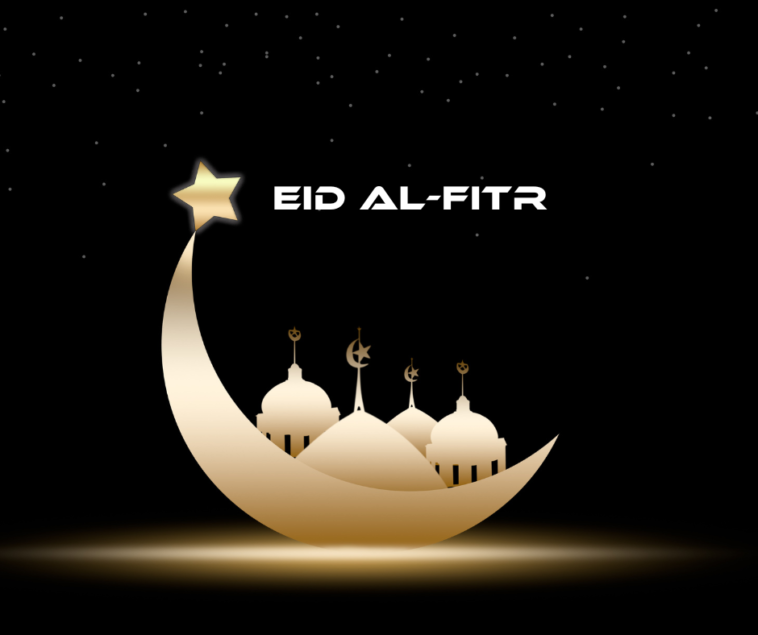Eid al-Fitr, known as the “Festival of Breaking the Fast,” is a cherished occasion in Islam, marking the end of Ramadan, the month of fasting. This comprehensive article delves into the rich history, significance, and diverse aspects of the festivities surrounding Eid al-Fitr.
Table of Contents
- History of Eid al-Fitr:
- Significance of Eid al-Fitr:
- Reasons for Celebrations:
- The Preparations for Eid al-Fitr:
- Eid Prayers:
- Eid Festivities:
History of Eid al-Fitr:
Eid al-Fitr traces its origins back to the time of Prophet Muhammad in the 7th century CE. It emerged following the Prophet’s migration from Mecca to Medina, where he established the Islamic community. Inspired by the celebrations of the local community, the Prophet instituted Eid al-Fitr and Eid al-Adha as two annual festivals for Muslims.
Significance of Eid al-Fitr:
Eid al-Fitr holds profound importance in Islam, symbolizing the completion of Ramadan’s spiritual journey. During Ramadan, Muslims engage in fasting, prayer, and acts of charity, focusing on self-discipline and spiritual growth. Eid al-Fitr serves as a joyous occasion to express gratitude to Allah for His blessings and guidance throughout the month.
Reasons for Celebrations:
The celebrations of Eid al-Fitr encompass various religious, social, and cultural dimensions. It is a time for spiritual reflection and gratitude, as Muslims commemorate the fulfillment of their religious obligations during Ramadan. Moreover, Eid al-Fitr fosters unity and camaraderie among Muslims, who gather with family and friends to celebrate the occasion with prayers, feasting, and festivities.
The Preparations for Eid al-Fitr:
The anticipation for Eid al-Fitr begins in the final days of Ramadan, as Muslims prepare for the festivities. Homes are adorned with decorations, and new clothes are purchased for the occasion. Acts of charity, such as Zakat al-Fitr, ensure that everyone can partake in the celebrations. Special foods and sweets are prepared, and gifts are exchanged to spread joy and goodwill.
Eid Prayers:
Central to Eid al-Fitr celebrations is the congregational Eid prayer, performed at mosques or designated prayer grounds. The prayer, consisting of two units, is preceded by a sermon highlighting the significance of Eid and offering guidance to the community. It symbolizes unity and gratitude as Muslims come together to worship and praise Allah.
Eid Festivities:
Following the Eid prayer, Muslims engage in festivities and social gatherings, strengthening bonds with loved ones. Visiting relatives, exchanging greetings, and indulging in lavish meals are common traditions. Children receive gifts and blessings, enhancing the joyous atmosphere of the occasion.
Eid al-Fitr is a sacred celebration in Islam, embodying the values of gratitude, compassion, and unity. It marks the culmination of Ramadan’s spiritual journey and offers an opportunity for Muslims to express devotion to Allah and strengthen bonds with family and community. As Muslims worldwide observe Eid al-Fitr, they reaffirm their commitment to faith, love, and compassion for all humanity.
Related Article
Please Subscribe Us to get updated with Qatar News, Saudi News, Kuwait News, Health News, UAE News, Iqama, Visa, Jobs, Banking and More.



